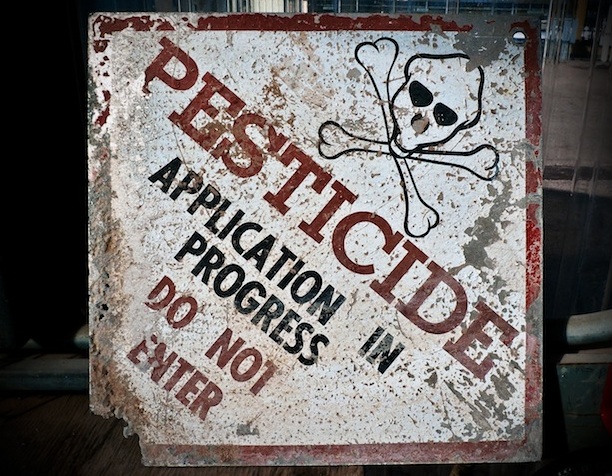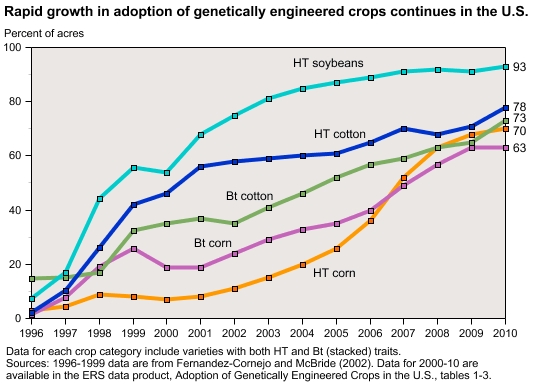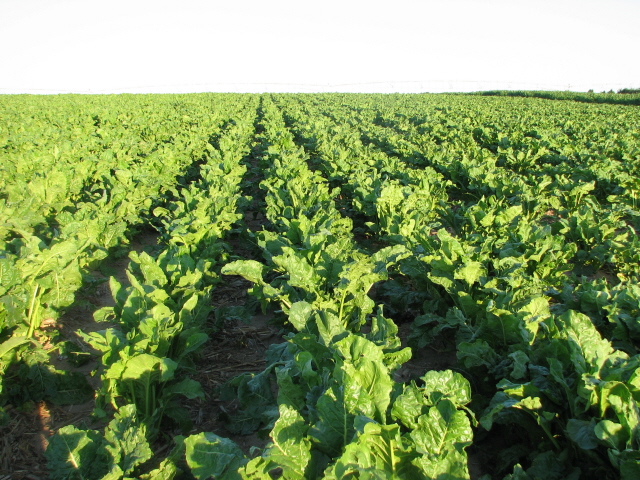
From the department of "science proves the obvious": exposure to neurotoxic pesticides in the womb results in children with lower IQs, according to a study from the University of California at Berkeley. Time to raid the organic fruits and vegetables section of Whole Foods.
UC Berkeley's study focused on organophosphate exposure (a neurotoxic pesticide sprayed on food crops and used for pest control in apartments) among children in Salinas, an agriculture-heavy town in California. The results were disturbing: Children exposed to the most prenatal pesticides scored seven points lower on standardized intelligence tests compared with children who had the lowest pesticide exposure levels. Two similar studies from Mt. Sinai Medical Center and Columbia University (published in this month's Environmental Health Perspectives) also found links between prenatal pesticide exposure and IQ. Exposure to organophosphates after birth had no repercussions on intelligence (but still: not good for you).





